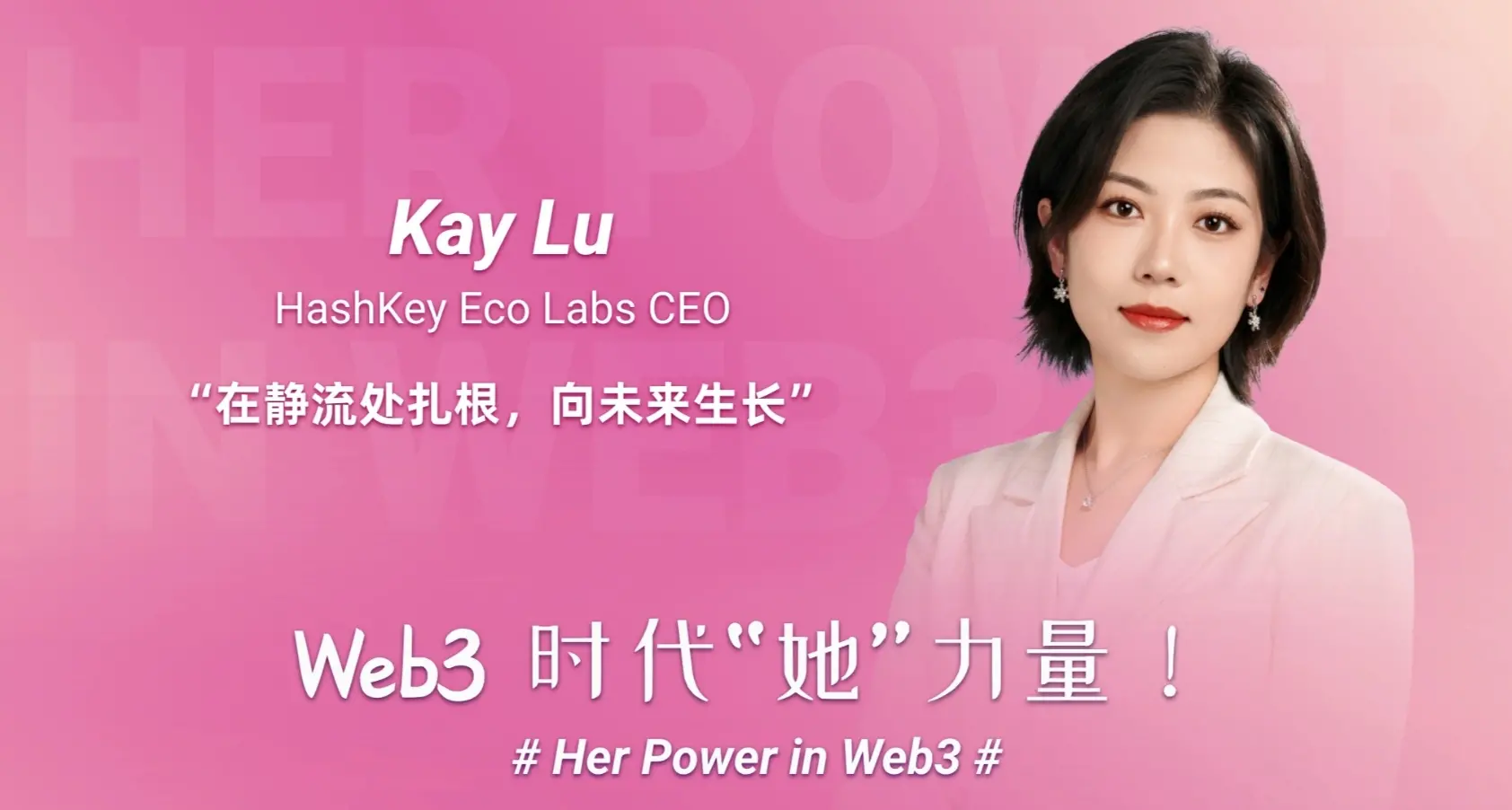Imagining and Brainstorming Web3.0 Social Networking
Original Title: 《 Web3.0 Social is Coming 》
Author: Niu Jiao, The Programmer's Horn
What is Web3.0? Before discussing Web3.0 social, we first need to reach a consensus on what Web3.0 is.

Recently, this comparison chart has explained the core characteristics of Web3.0 quite clearly: it is decentralization.
To be precise, the chart above represents the change in account login methods from Web1.0 to Web3.0. Web3.0 applications use zero-knowledge proofs, allowing users to prove ownership of an address by simply signing a string with their wallet private key. There is no longer a need for each application to go through cumbersome registration, password setting, and login verification processes. The decentralization of account login means that my account information no longer belongs to certain companies, but only to me.
In addition to account login, an even cooler aspect of Web3.0 is that more and more assets are beginning to decentralize, especially NFTs, which have been particularly crazy in the past year. Internet giants, traditional enterprises, and various celebrities from home and abroad are all participating. The decentralization of assets will bring huge changes to many industries, with finance, gaming, and art being the most deeply integrated at present. It can be said that the entire Web3.0 industry is currently centered around assets. I believe this will also be the case in the coming decades, and I won't elaborate further here.
So, What will Web3.0 social look like?
To talk about Web3.0 + social, we need to discuss the current pain points of social media: from QQ Space, Renren, to Weibo, WeChat, and Twitter. With each iteration of social products, we lose many of our old friends and the wonderful memories of those years. The root cause of this problem is that our data and information disappear with the discontinuation of products. Therefore, the issue that Web3.0 social needs to solve is actually the problem of data and information ownership, which is decentralization.
In this way, combined with blockchain technology, the prototype of Web3.0 social becomes very clear: it is a social product where personal information, friend relationships, and even some large content exist in a decentralized ledger, and applications based on Web3.0 can effortlessly access this information.
For example: you can see your friends from WeChat in World of Warcraft, and you can know who Jay Chou recently bought a music NFT from. Like in the movie "Ready Player One," the protagonist and his friends can maintain their friendships in different scenarios. Therefore, Web3.0 social will also be the social aspect of the future metaverse. You might think that having this information publicly available means there is no privacy? Web3.0 can also solve this very well by allowing multiple accounts, where different accounts can have different circles and identities.
This was very painful in the Web2.0 era, as it might require multiple phone numbers and email addresses for logout and re-login operations, but in Web3.0, switching identities is just a matter of clicking a couple of times on a little fox.

At this point, the social product of Web3.0 has actually been well defined.
Below are some deeper insights, including a comparison of existing Web3 social products and my predictions for the future details of Web3 social.
Simple Comparison of Existing Web3.0 Social Products
The tasks that Web3.0 social needs to accomplish have been discussed, and what remains to be solved is how and where to store this data. Let's categorize this data into three types: Personal Information (Profile), Friend Relationships (Network), and Content (Content). Let's see how these products handle it:
A. Personal Information: Mainly includes profile pictures, nicknames, and other related information. Currently, social products like ENS, DAS, 5Degrees, RSS, and Debank all include this.
In terms of product form, ENS, DAS, Lens, RSS, and Debank's IDs are uniquely associated with addresses across the network, similar to domain names. 5Degrees is more like setting a nickname for an address that can be modified at any time.
In terms of storage methods, ENS is on the Ethereum chain, DAS is based on the CKB chain, Lens is on Polygon, and RSS and Debank currently use a more centralized approach, but it is expected that they will have their own public chain/side chain in the future. 5Degrees is multi-chain. In any case, I believe everyone's thinking will lean towards on-chain solutions, as this part of the data will not be very large.
B. Friend Relationships: Currently, there are 5Degrees, RSS3, Lens, Debank, Cyberconnect, Monaco, etc. Among these, only 5Degrees and Lens are completely on-chain. Lens has a relatively flexible design that allows for upgrading and choosing different follow logic, while 5Degrees is simpler; following an address is equivalent to minting a token with that address as the ID through the ERC1155 protocol. You only need to index which IDs of NFTs are held under the 5Degrees contract to follow those people.
C. Content can be divided into several parts: one part is on-chain content generated by user behavior on the chain, another part is content stored on IPFS, such as articles from Mirror, and another part is aggregating content from existing social products, collecting Web2.0 content, etc. RSS3 focuses more on integrating information from various sources, Lens associates content on-chain through NFTs, and Monaco may resemble Web2.0 products more closely, simply adding some NFT content through address login.
Of course, Web3.0 social products are far more than these; these are just the ones I have used. Each product has different directions, implementation methods, and focuses, but everyone's goals are consistent.
Some Fun Predictions About Social
Due to the openness of data, there may not be social giants like WeChat, Facebook, or Twitter, but there may be a widely adopted protocol emerging. Keep an eye on 5Degrees.
Social behavior and content will be more decentralized, yet also more centralized. Small products can easily incorporate social elements, while aggregating products can collect information from a wide variety of sources.
Big data will understand you better, making matchmaking and job hunting much more convenient.
Finally, for those interested: The 5Degrees protocol is a protocol incubated by our TokenPocket wallet.
https://5degrees.io/ focuses on on-chain identity and social relationships. If you want to know more, feel free to leave a message, and I will write about it separately later.









